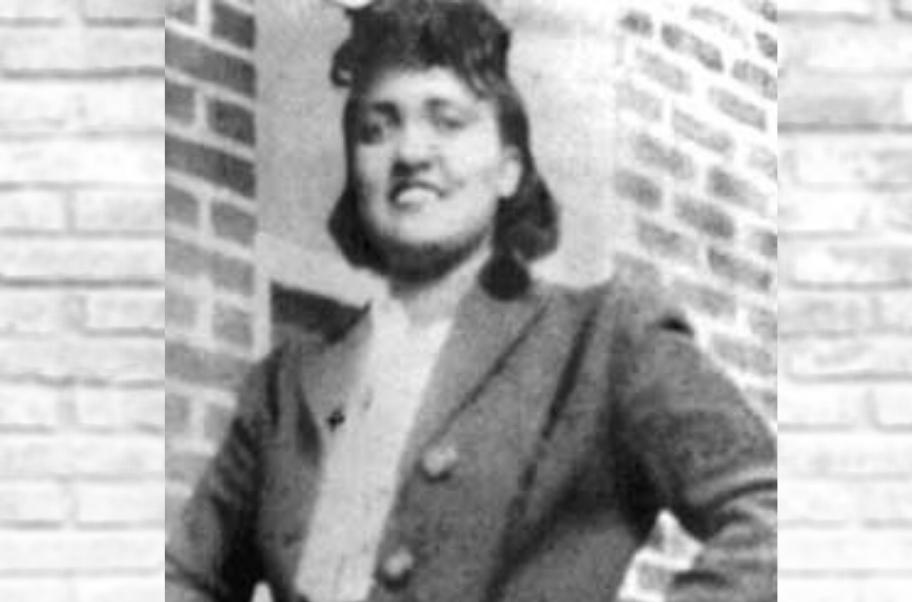Henrietta Lacks Foundation recieves ‘historic’ restitution for use of HeLa cells
According to the Foundation, some of the funds will be used to support Lacks' great and great-great-grandchildren, many of whom are in or will soon be in college.

PHOTO COURTESY: (archived link, Fair use, (https://en.wikipedia.org/w/index.php?curid=1376912)
On Thursday, The Henrietta Lacks Foundation announced the receipt of “two historic gifts” from the Howard Hughes Medical Institute (HHMI) and Francis Collins, MD, Ph.D., Director of the National Institutes of Health (NIH), who donated an unspecified portion of his US$1.4 million 2020 Templeton Prize award.
The two gifts, which total a six-figure sum, will be used to provide financial assistance to individuals, particularly those from minority backgrounds, who were involved in research without their “knowledge, consent, or benefit,” the Foundation says.
The reparations are, according to Nature, a step toward erasing racial injustice in science.
In 1951, while suffering from cervical cancer, doctors at John Hopkins Hospital in Baltimore, Maryland took cancer cells from Henrietta Lacks without her consent.
A sample was sent to the tissue lab of Dr. George Gey, a prominent cancer researcher who had been collecting cells from patients that visited John Hopkins.
Dr. Gey quickly realized Lacks’ cells were highly unusual. While other samples died quickly in the lab, Lacks’ cells continued to double every 20 to 24 hours.
Those cells — now referred to as “HeLa” cells, a reference to Lacks, were the first immortalized human cell line and are, to this day, one of the most valuable cell lines in medical research.
Lacks, a young mother of five, died on October 4, 1951, at age 31. Her cells, however, are still used to study how cancer responds to treatment. HeLa cells have also been used to study the human genome, poisons, viruses, and have aided in the development of the polio vaccine.
Despite her enormous contributions to medical science, Lacks’ family saw no financial compensation for the multi-billion-dollar industry her cells support and for decades, they were not consulted on how her cells were used.
“Scientists at HHMI and across the life sciences have made breakthroughs using HeLa cells, and we want to recognize the great benefit to science that Henrietta Lacks made possible,” HHMI President Erin O’Shea said in a statement.
“In the wake of recent, highly visible racist events, HHMI’s community has come together to set new goals for diversity, equity, and inclusion. One of our scientists, Investigator Samara Reck-Peterson at the University of California, San Diego, brought us this opportunity to support the Henrietta Lacks Foundation.”
According to the Foundation, Dr. Collins began working with the Lacks family in 2013 when the genome of HeLa cells was sequenced and publicly released without their consent.
In collaboration with Dr. Collins and the NIH, the family formed the HeLa Genome Data Access Working Group to ensure future research conducted with the genome is used with familial consent and in a way that ensures genetic privacy.
“Getting to know the Lacks family and having the opportunity in some small way to address the harms done to them over almost 70 years has been a profound experience,” Dr. Collins and his wife Diane Baker, MS said.
“If this small donation can help to carry on the family’s dreams, that will make us very happy.”
According to the Foundation, some of the funds will be used to support Lacks’ great and great-great-grandchildren, many of whom are in or will soon be in college.
The Foundation was established in 2010 with proceeds from the book The Immortal Life of Henrietta Lacks by Rebecca Skloot and the HBO film adaptation of the book that starred Oprah Winfrey. In an interview with Nature, Skloot says until recently, no institutions have offered reparations for use of the cells.
While there have been private donations, as well as restitution offered from UK Biotech firm Abcam, Skloot says the HHMI gift is the largest to date and the first from a research organization.

We believe everyone should be paid for their work. Support We Rep STEM so we can hire and compensate a dedicated team and make more rad content for you.
